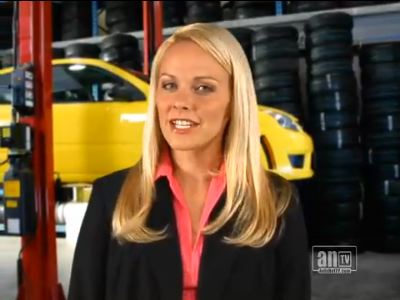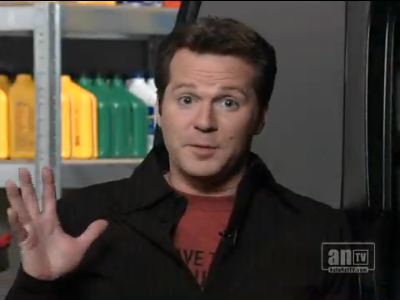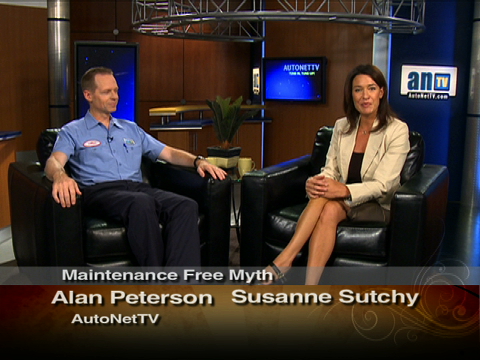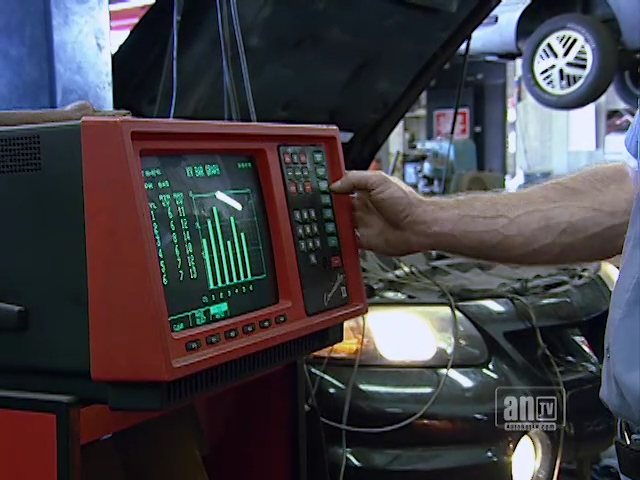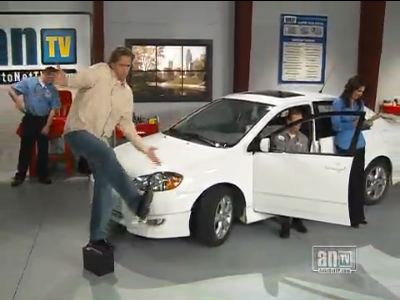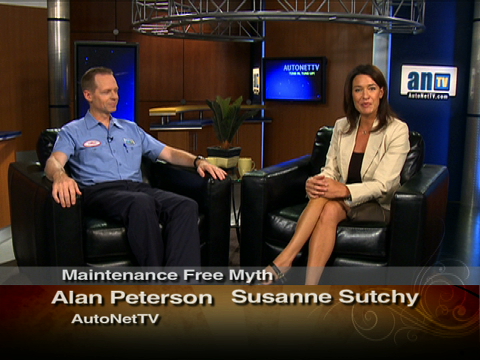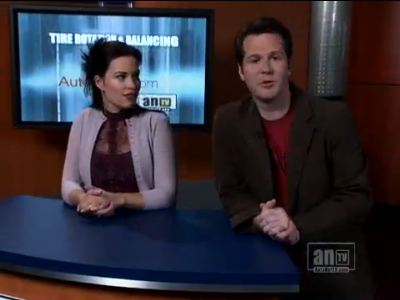When you feel your vehicle vibrating as you’re driving down the road, one cause could be something you may not have ever seen: your driveshaft. It is underneath the vehicle and most drivers don’t climb under there to take a look very often. The driveshaft is a cylindrical part that helps conduct the rotational power from your engine to your drive wheels. If you have a four-wheel drive vehicle, you may have two driveshafts.
The drive shaft has bushings, and when they wear out, that’s a likely source of the vibrations. When the bushings are in good condition, they prevent the driveshaft from vibrating. And if you don’t get your vehicle repaired fairly soon after discovering vibrations, they’ll continue to get worse and cause other components of the drivetrain to wear out.
The driveshaft is, of course, only one part of the drivetrain. It includes other parts such as axles, transmission, differentials and joints. They all work together and need to be maintained properly. When a driveshaft fails, there can be symptoms other than vibrations. They include difficulty turning, rattles, clunks and squeaks coming from underneath your vehicle. You may even feel a shudder when you accelerate from a stop.
Driveshafts can fail when they get corroded or damaged by rough roads, curbs and debris. A trained technician with experience working on drivetrains uses specialized equipment that doesn’t further damage the drivetrain’s other parts. Sometimes the entire driveshaft will have to be replaced; sometimes the problems can be fixed by replacing individual components.
Your vehicle’s drivetrain was engineered to propel you smoothly down the road. When time and distance begin to take their toll, have your vehicle looked at by your service facility. They’ll know how to properly pinpoint what’s causing your problems and restore your vehicle to the reliable, smooth, safe machine its designers worked hard to create.
Tylers Auto TV
12485 SW MAIN ST
TIGARD, OR 97223
(503) 639-5588
http://www.tylersautomotive.com

